Conference is divided into two days. On the first day, there will be a conference and evening networking programme prepared for you. On the day two, we will continue with the conference program in two separate conference rooms.
- Specialists sharing their experience
- Inspiration from automotive industry experts
- New contacts and networking
- Evening raut
How it will run
After opening the conference on Tuesday morning, we will start the first lectures. Then, lunch will be served at the hotel restaurant. After the lunch break, we will continue with the next set of lectures. If you find it difficult to concentrate you may welcome regular coffee breaks for your refreshment. After the last lecture, you will have some time to rest. An evening raut will take place in the nearby restaurant Talska bastion with the opportunity for informal networking.
Second day, after breakfast, the conference will continue with interesting lectures and panel discussions. Lunch will be served at the restaurant of Hotel Partizan.
*conference program is subject to change
April, 25th (Tuesday)
from 8:30 Registration

Registration and badge collection
Registration will start on day one of the conference at 8:30 AM at the hotel Partizan lobby and will continue until lunch. After lunch on the first day, the registration of participants will be possible at the info booth in the conference foyer on the first floor.
09:30 - 09:45 Conference opening
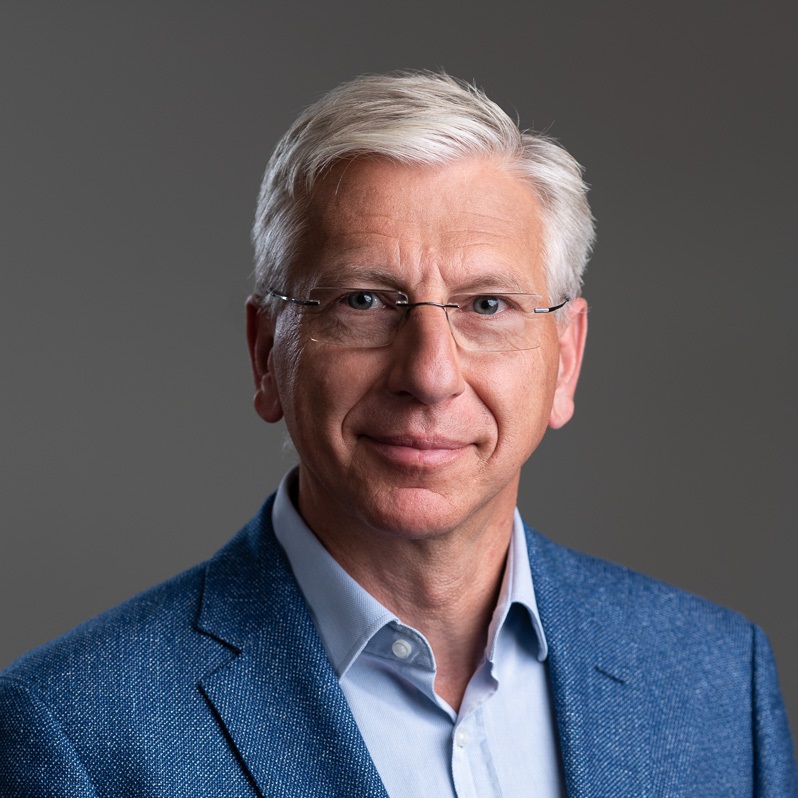
Alexander Matušek
President, Automotive Industry Association of the Slovak republic
He heads the External Relations / Environment / Social Services department at Volkswagen Slovakia, a.s. In the past, he was responsible for the management of the entire logistics at Volkswagen Slovakia and also held several management positions within the Volkswagen Group in Portugal and the USA. Since 2018, he is the President of the Automotive Industry Association of the Slovak Republic (second term). In 2018, he was elected Vice President of the Federation of Slovak Industrial and Transport Associations.
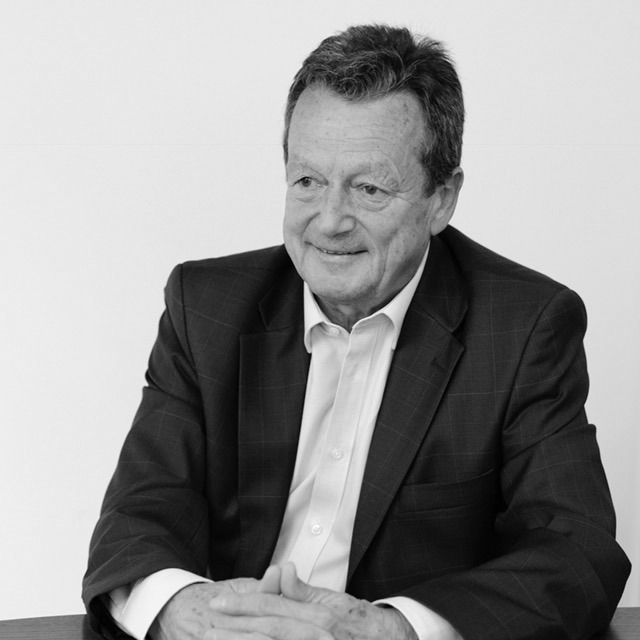
Ivan Hodáč
Event host, founder of Aspen Institute Central Europe, former ACEA Secretary-General
Ivan Hodač is a Founder and President of the Aspen Institute Prague. He was Secretary-General of the European Automobile Manufacturers’ Association (ACEA) from 2001 until October 2013. He is the Chairman of the Board at cabinet DN. The Financial Times listed him among the most influential personalities in Brussels politics. Before joining ACEA, he was Senior Vice-President and Head of the Time Warner Corporate office for Europe. Previously he was Secretary-General of the trade organization IFMA/IMACE, Senior Economist at Didier & Associates, and Assistant Professor at the College of Europe, Bruges. He was born in Prague, where he studied mechanical engineering. He completed his education in economics and political science at the University of Copenhagen and the College of Europe in Bruges (European studies).
09:45 - 10:15 Euro 7: Will the European automotive industry survive 2025?
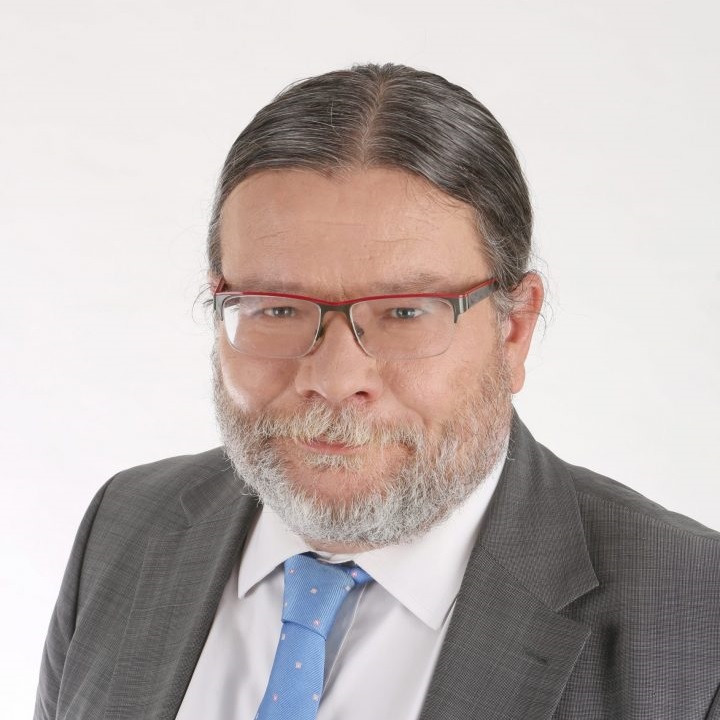
Alexandr Vondra
Member of the European Parliament, rapporteur for EURO7
Alexandr Vondra is a Czech politician and diplomat. He is currently Member of the European Parliament. He is former Minister of Defense (2010-2012), as well as Deputy Prime Minister for European Affairs (2007-2009) and former Minister of Foreign Affairs (2006-2007). He was the Czech Government’s Plenipotentiary for the preparation of the NATO Summit in Prague (2002). He also served as Czech Ambassador to the United States (1997-2001). He worked as a foreign policy advisor to former President Václav Havel. During the Velvet Revolution in November 1989, he became a co-founder and leading member of the Civic Forum movement.
The end of internal combustion engines in the EU in 2035 for passenger cars and vans is a reality, but the proposal for the new Euro 7 standard goes much further and as a result may mean the end of internal combustion engines as early as 2025. What exactly is the problem and what is at stake the rapporteur of the proposal in the European Parliament, Alexandr Vondra, will answer
10:15 - 10:45 Actual economic and geopolitical situation and its impact on the automotive and the industry as a whole
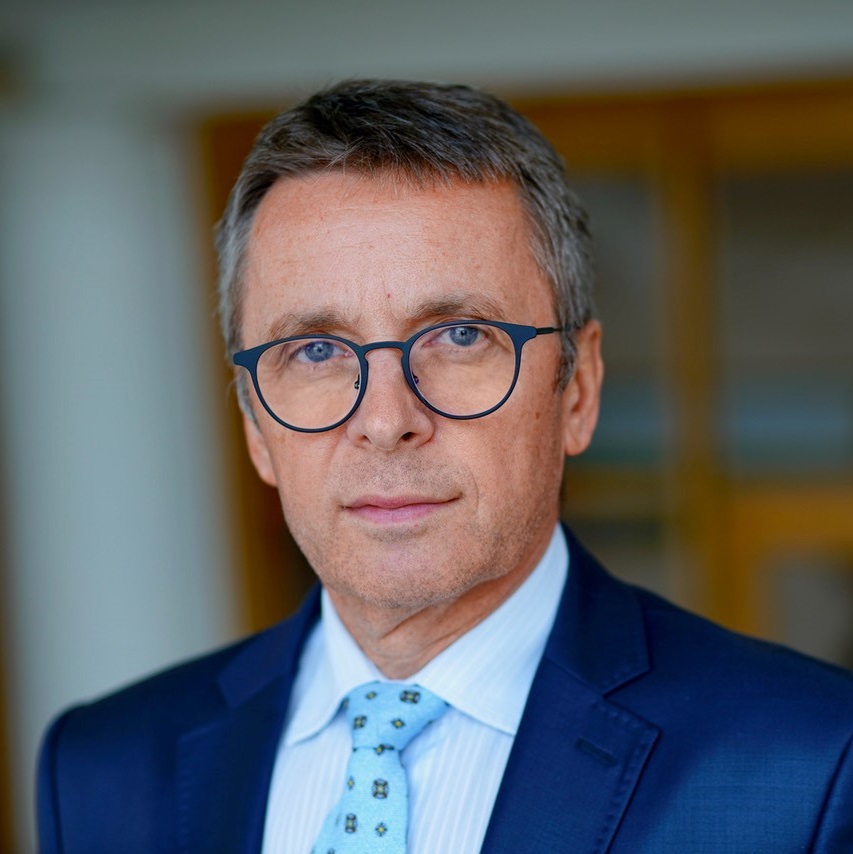
Ivan Mikloš
Economic expert, former Minister of Finance of Slovak republic
Ivan Mikloš was Deputy Prime Minister and Minister of Finance of the Slovak Republic in 2002-2006 and 2010-2012. In the first government of Mikuláš Dzurinda, during the years 1998-2002, he held the post of Deputy Prime Minister for the Economy. In 1991, he became Minister of Privatization (1991-1992). Subsequently, in 1992 he co-founded and until 1998 led the economic think-tank MESA10. In the period 2006-2010 and 2012-2016, he was a member of the National Council of the Slovak Republic. In 2014, he was re-elected as the president of the MESA10 think tank and became a member of the board of international advisers of the National Reform Council of Ukraine and the VoxUkraine platform. During the years 2015-2016, he held the position of chief advisor to the Ukrainian Minister of Finance and was also an advisor to the Ukrainian Minister of Economy. From April 2016 to August 2019, he served as the chief economic adviser to the Prime Minister of Ukraine. After the change of government, from November 2019 to March 2020, he was the economic advisor to the newly elected Prime Minister of Ukraine. In 2016-2020, he led the strategic group for the support of reforms in Ukraine (SAGSUR). He is also a co-founder of the Ukrainian economic think-tank Center for Economic Strategy. In 2021-2022, he also worked as an advisor to the Prime Minister of Moldova. In March 2022, he became an adviser to the President of the Slovak Republic in the field of economic policy.
Ivan Mikloš was one of the leading figures of economic transformation in Slovakia. During his tenure in the governments of Mikuláš Dzurinda in the years 1998-2002 and 2002-2006, Slovakia recorded several international successes, including entry into the OECD (2000), NATO (2004) and the European Union (2004). He was the main architect of the reforms, thanks to which Slovakia was named the most reformed country in the world in 2004 by the World Bank. He was awarded “Best Minister of Finance” in 2004 according to Euromoney magazine poll. He is the recipient of many domestic and international awards and the author of numerous professional publications, articles and blogs.
Why today’s geopolitical and economic situation is exceptional and what can (and cannot) be derived from it for the future? What today’s problems and their future consequences can mean, but also new possibilities and opportunities for the automotive industry?
10:45 - 12:00 Prospects for the Automotive Industry in the Region – Panel Discussion

Alexander Matušek
President, Automotive Industry Association of the Slovak republic
He heads the External Relations / Environment / Social Services department at Volkswagen Slovakia, a.s. In the past, he was responsible for the management of the entire logistics at Volkswagen Slovakia and also held several management positions within the Volkswagen Group in Portugal and the USA. Since 2018, he is the President of the Automotive Industry Association of the Slovak Republic (second term). In 2018, he was elected Vice President of the Federation of Slovak Industrial and Transport Associations.

Ivan Mikloš
Economic expert, former Minister of Finance of Slovak republic
Ivan Mikloš was Deputy Prime Minister and Minister of Finance of the Slovak Republic in 2002-2006 and 2010-2012. In the first government of Mikuláš Dzurinda, during the years 1998-2002, he held the post of Deputy Prime Minister for the Economy. In 1991, he became Minister of Privatization (1991-1992). Subsequently, in 1992 he co-founded and until 1998 led the economic think-tank MESA10. In the period 2006-2010 and 2012-2016, he was a member of the National Council of the Slovak Republic. In 2014, he was re-elected as the president of the MESA10 think tank and became a member of the board of international advisers of the National Reform Council of Ukraine and the VoxUkraine platform. During the years 2015-2016, he held the position of chief advisor to the Ukrainian Minister of Finance and was also an advisor to the Ukrainian Minister of Economy. From April 2016 to August 2019, he served as the chief economic adviser to the Prime Minister of Ukraine. After the change of government, from November 2019 to March 2020, he was the economic advisor to the newly elected Prime Minister of Ukraine. In 2016-2020, he led the strategic group for the support of reforms in Ukraine (SAGSUR). He is also a co-founder of the Ukrainian economic think-tank Center for Economic Strategy. In 2021-2022, he also worked as an advisor to the Prime Minister of Moldova. In March 2022, he became an adviser to the President of the Slovak Republic in the field of economic policy.
Ivan Mikloš was one of the leading figures of economic transformation in Slovakia. During his tenure in the governments of Mikuláš Dzurinda in the years 1998-2002 and 2002-2006, Slovakia recorded several international successes, including entry into the OECD (2000), NATO (2004) and the European Union (2004). He was the main architect of the reforms, thanks to which Slovakia was named the most reformed country in the world in 2004 by the World Bank. He was awarded “Best Minister of Finance” in 2004 according to Euromoney magazine poll. He is the recipient of many domestic and international awards and the author of numerous professional publications, articles and blogs.
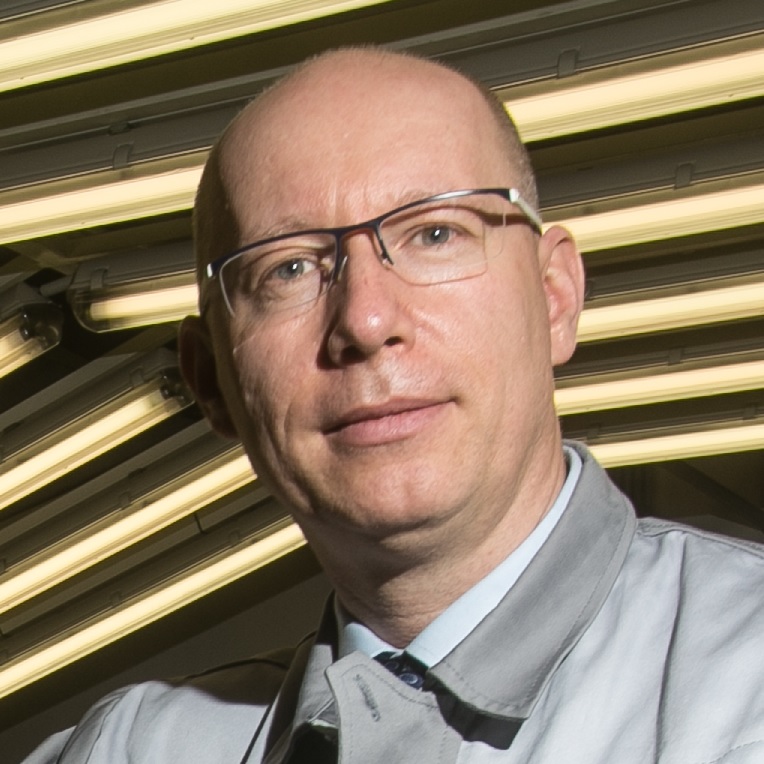
Robert Kiml
Production Vice President, Toyota Motor Manufacturing Czech Republic & Vice President, Automotive Industry Association of the Czech republic
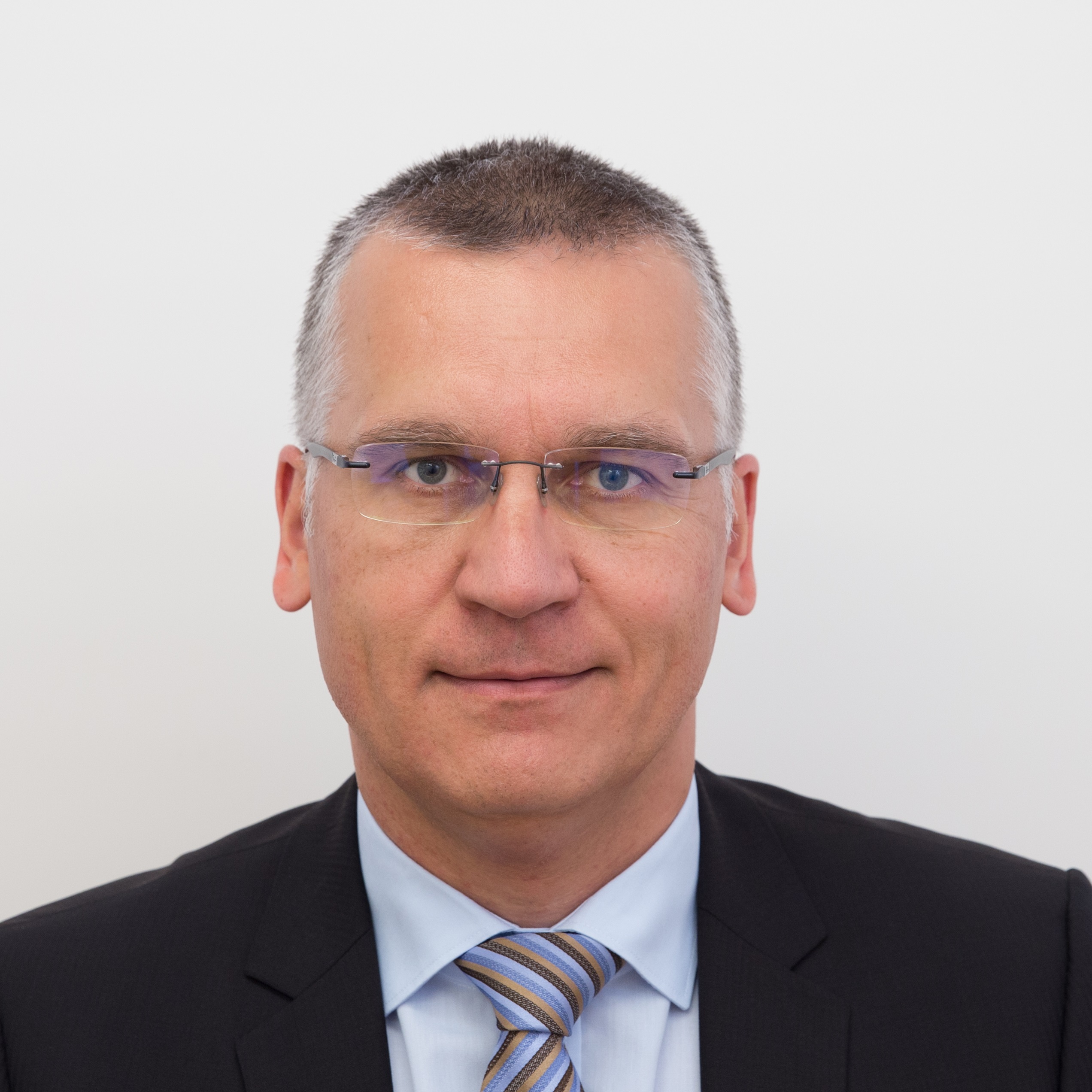
Marek Mora
Deputy Minister of Finance of the Czech Republic.
After graduating from the Prague University of Economics in 1994, he studied postgraduate economics in Saarbrücken and Hamburg and in 2002-2003 worked as an assistant at the University of Leipzig. In 2003, he joined the European Commission at the General Directorate for Economic and Financial Affairs. In the fall of 2006, he started working for the Czech state administration (deputy minister of education, then deputy prime minister for European affairs). Since 2010, he has worked in the General Secretariat of the Council of the European Union – first as the director of the office of the Council’s Secretary General, and since February 2016 as the director for budget, taxes and regional policy. In the years 2017-2023, he was a member of the banking board of the Czech National Bank, of which he was vice-governor for the last 4 years.
12:00 - 12:30 Regulation? Regulation! And what can go wrong …
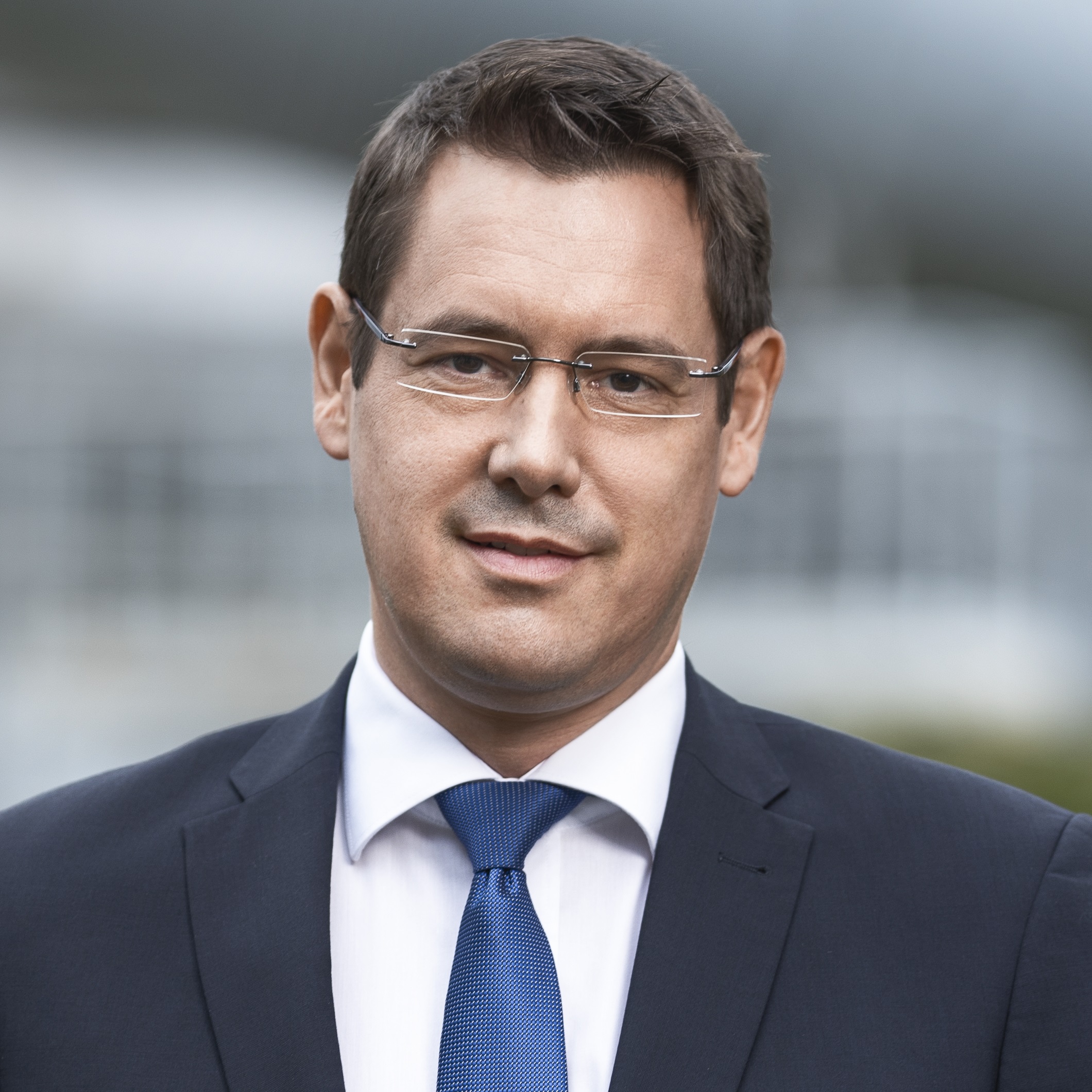
Oliver Grünberg
Chairman of the Board of Management and Member of the Board of Management, Production, Volkswagen Slovakia
Dr. Oliver Grünberg studied physics at the Technical University of Braunschweig, where he subsequently obtained a doctorate in mechanical engineering. He has been working for the Volkswagen Group since 1995. From 2007 to 2009, he headed vehicle production at the Volkswagen Group Rus plant in Kaluga. In 2010, he held the position of Managing Director and Director of Technical Affairs at ŠKODA AUTO India. Two years later, he took over responsibility for the VGR-GAZ project in Nizhny Novgorod. From 2014 to 2017, he headed the ŠKODA AUTO brand planning department in Mladá Boleslav. From there, in 2017, he returned to Russia, where he worked as Technical Director and Deputy General Manager at Volkswagen Group Rus in Kaluga. Since 2019, he has been the Chairman of the Board of Directors and a member of the Board of Directors for the technical area at Volkswagen Slovakia.
How the challenges of green transformation are being met in a time of global crises and regulation. What are the constraints and needs facing the automotive industry, also in the presentation of Dr. Oliver Grünberg.
12:30 - 14:00 Lunch

Hotel Partizan Restaurant
14:00 - 14:40 Global eMobility Outlook and Trends
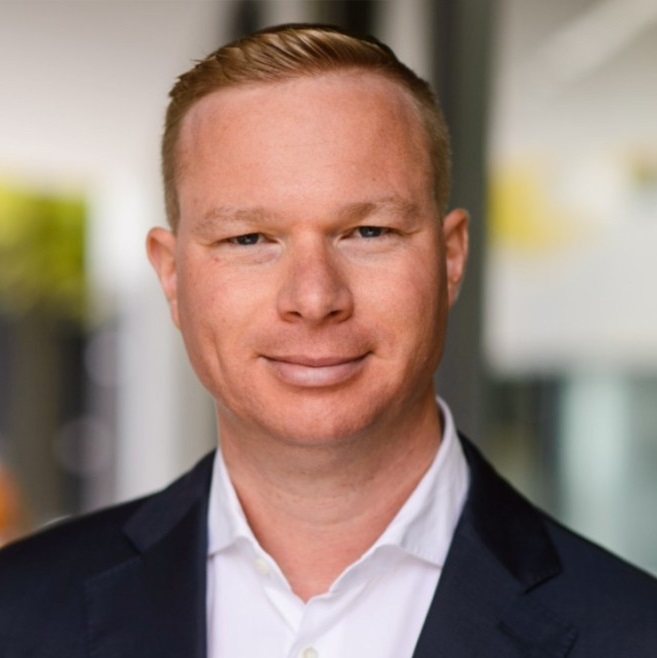
Heiko Seitz
Global eMobility Leader, PwC Germany
Heiko Seitz is the Global eMobility Leader of PwC. With more than 18 years of hands-on experience in the mobility, infrastructure and energy sectors, he is a trusted advisor for governmental decision makers and industry c-suites, to shape and execute successful transformations towards sustainable and profitable eMobility ecosystems.
The transition to technology-enabled eMobility and sustainable zero-emissions ecosystem offers an immense opportunity and equal operational challenges. The keynote will quantify market potentials and trends, as well as recommendation on how to identify and realize profitable value pools.
14:40 - 15:10 E-Mobility is transforming our Industry and ZF
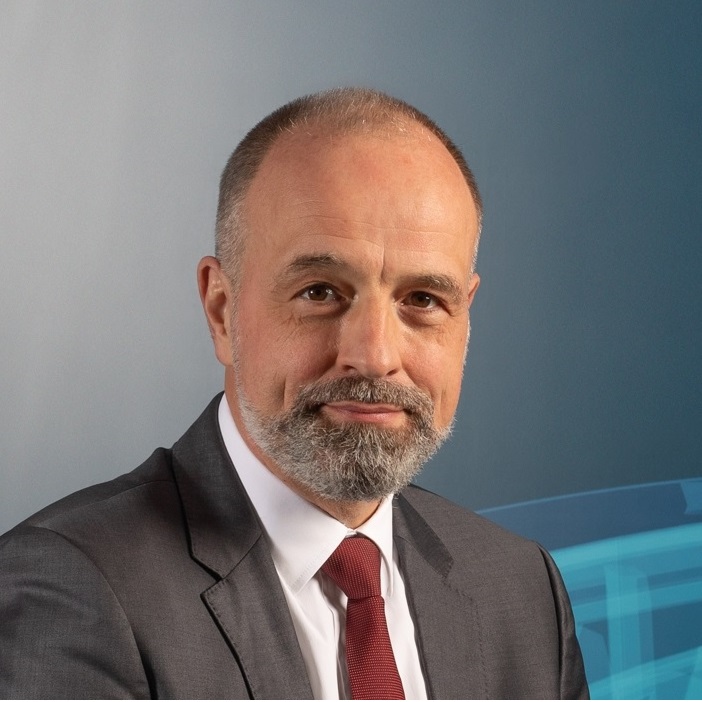
Dietmar Weigt
Chairman of the Management Board, ZF Slovakia
Dr. Dietmar Weigt was born in Bonn (Germany) in 1968. He holds a PhD. in mechanical engineering from Ruhr-University Bochum (Germany) and an MBA from University St. Gallen (Switzerland) and RWTH Aachen (Germany). He held various managerial positions in Engineering and Production of powertrain and chassis components within the ZF Group in Germany and Slovakia. In 2014 he became a member of the management board of ZF Slovakia and was appointed Chairman in 2021. In his spare time, he enjoys family life with his wife, 2 sons and a daughter as well as gardening and 3D printing.
It cannot be seen clearly on our roads today, but the change to E-Mobility has taken place within the industry. Looking at ZF, traditionally very much connected to the internal combustion engine, the transformation is in full swing. This lecture will focus on the logic behind the change to E-Mobility, how ZF has adapted to this change and what is the current and future product range for E-Mobility incl. some technological highlights.
15:10 - 15:40 Everything revolves around quality. Quality of work, education, communication
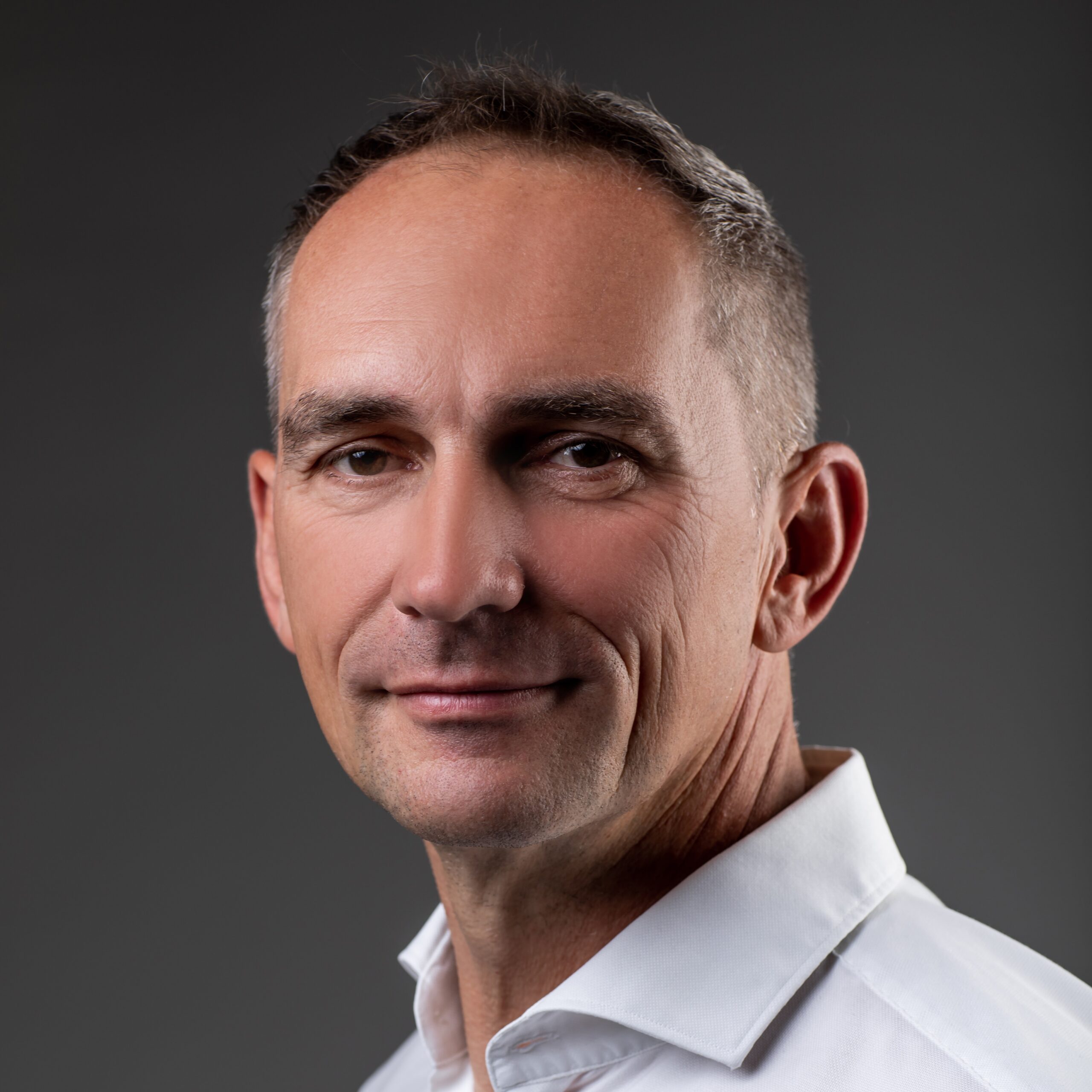
Radovan Meleš
General Manager, EXACT SYSTEMS SLOVAKIA & CZECH REPUBLIC
He has been working at EXS Slovakia since the beginning of the Slovak branch. He started working as an operations manager and slowly built it up from the ground up, soon being appointed to the position of CEO. Subsequently, a company was founded in the Czech Republic, where since 2009 he has also been working in the position of general director. Both companies carved their place on the automotive market right from the start, they are currently in the TOP 3 Providers of quality services in the automotive sector in Slovakia and the Czech Republic.
The Exact Systems team will introduce you to a company that stands on people and quality.
Its core business is quality control in automotive.
The four presenters will introduce you to the processes and services that result in 100% quality.
Using specific examples, you will get to know the tools with which they achieve it in processes, standards, education, and relationships.
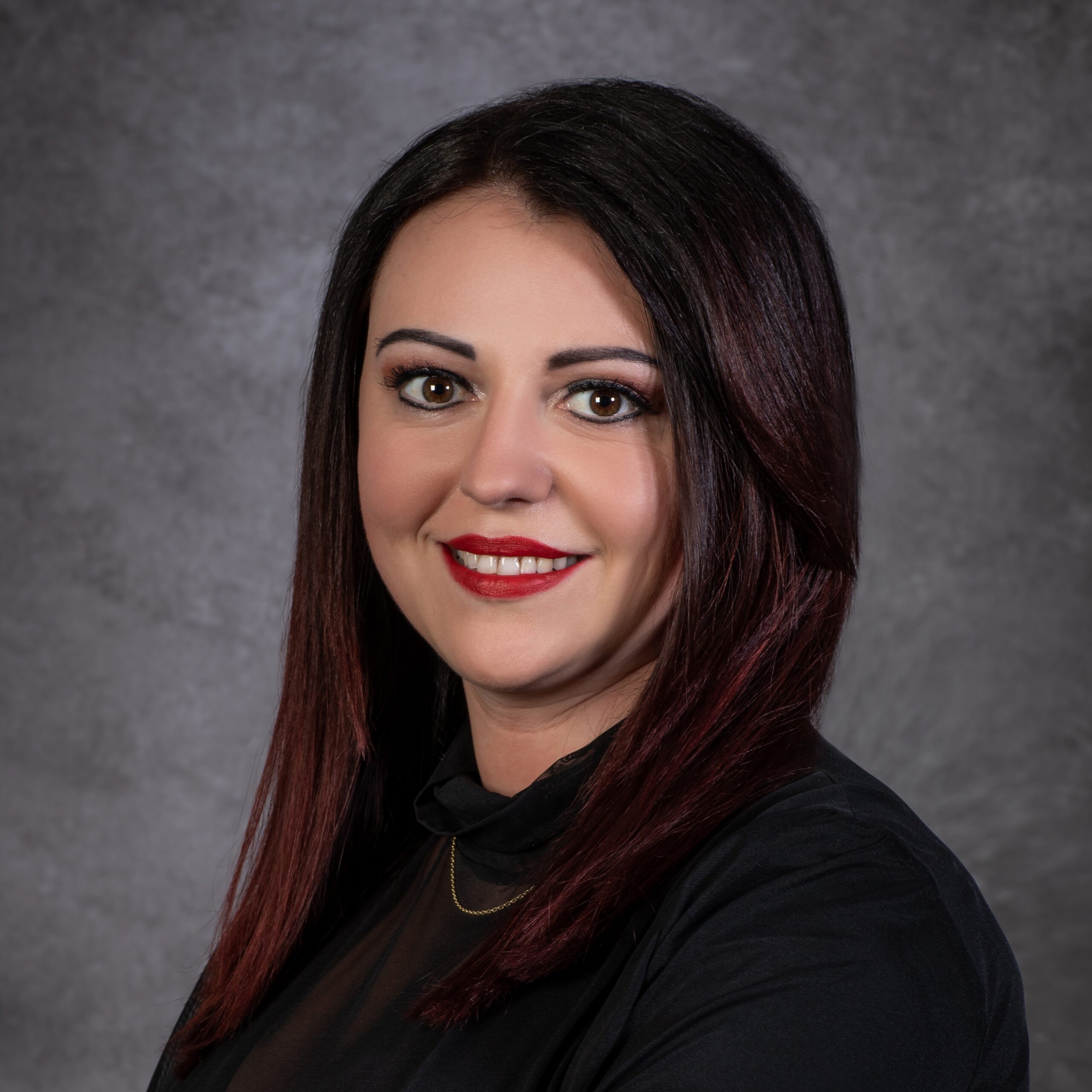
Zuzana Böhmová
Operations Director, EXACT SYSTEMS CZECH REPUBLIC
She has been working at Exact Systems for 12 years. The position of Operations Director entails overall supervision of the implementation team in the Czech Republic. Systematically plans, organizes, makes decisions and leads the implementation team. He negotiates with strategic partners.
The Exact Systems team will introduce you to a company that stands on people and quality.
Its core business is quality control in automotive.
The four presenters will introduce you to the processes and services that result in 100% quality.
Using specific examples, you will get to know the tools with which they achieve it in processes, standards, education, and relationships.
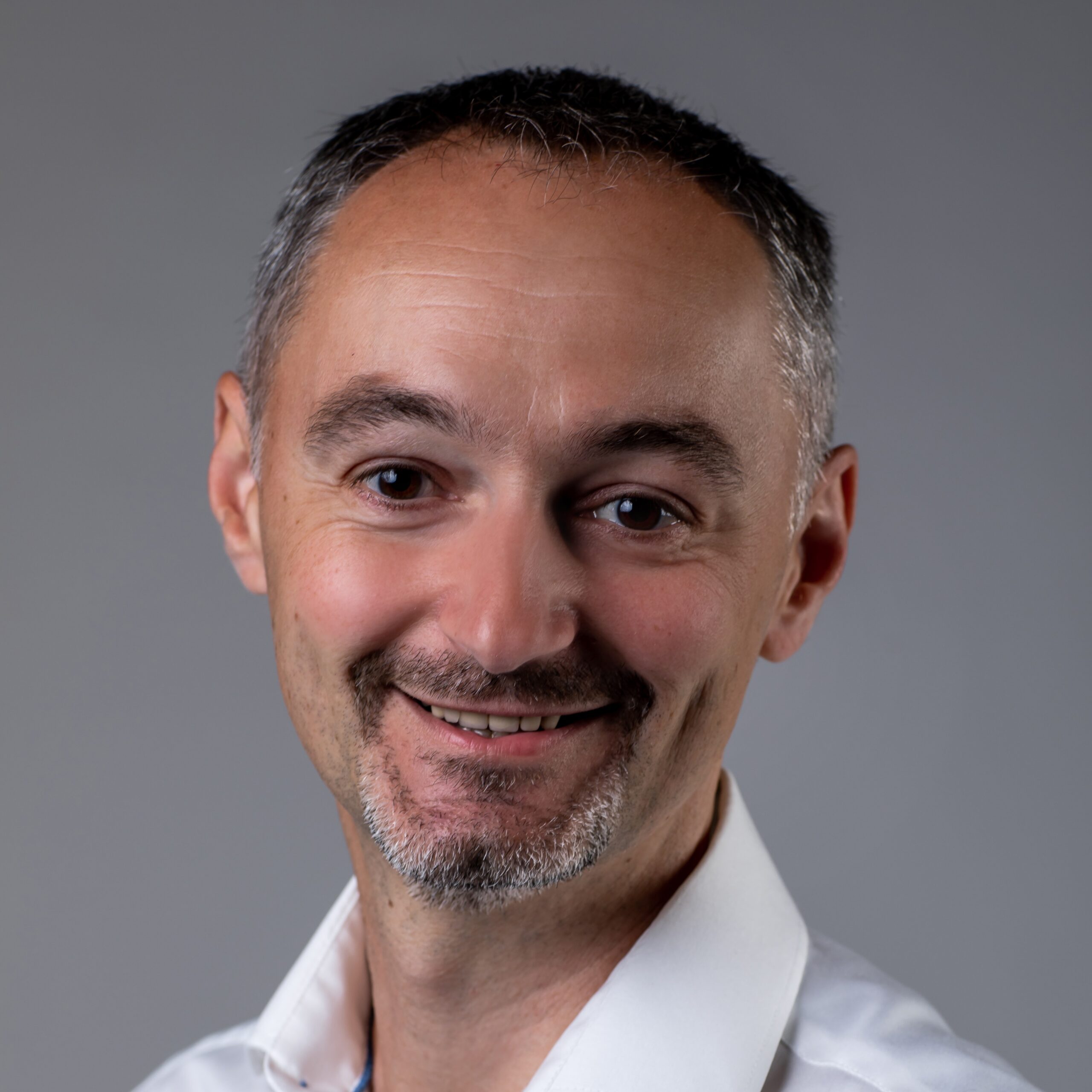
Peter Húšťava
Quality Manager, EXACT SYSTEMS SLOVAKIA
He has been working in the company for 11 years. He is responsible for managing the quality and standards of the company’s services. He performs internal audits and is in charge of training workers in the School of Quality educational project.
The Exact Systems team will introduce you to a company that stands on people and quality.
Its core business is quality control in automotive.
The four presenters will introduce you to the processes and services that result in 100% quality.
Using specific examples, you will get to know the tools with which they achieve it in processes, standards, education, and relationships.
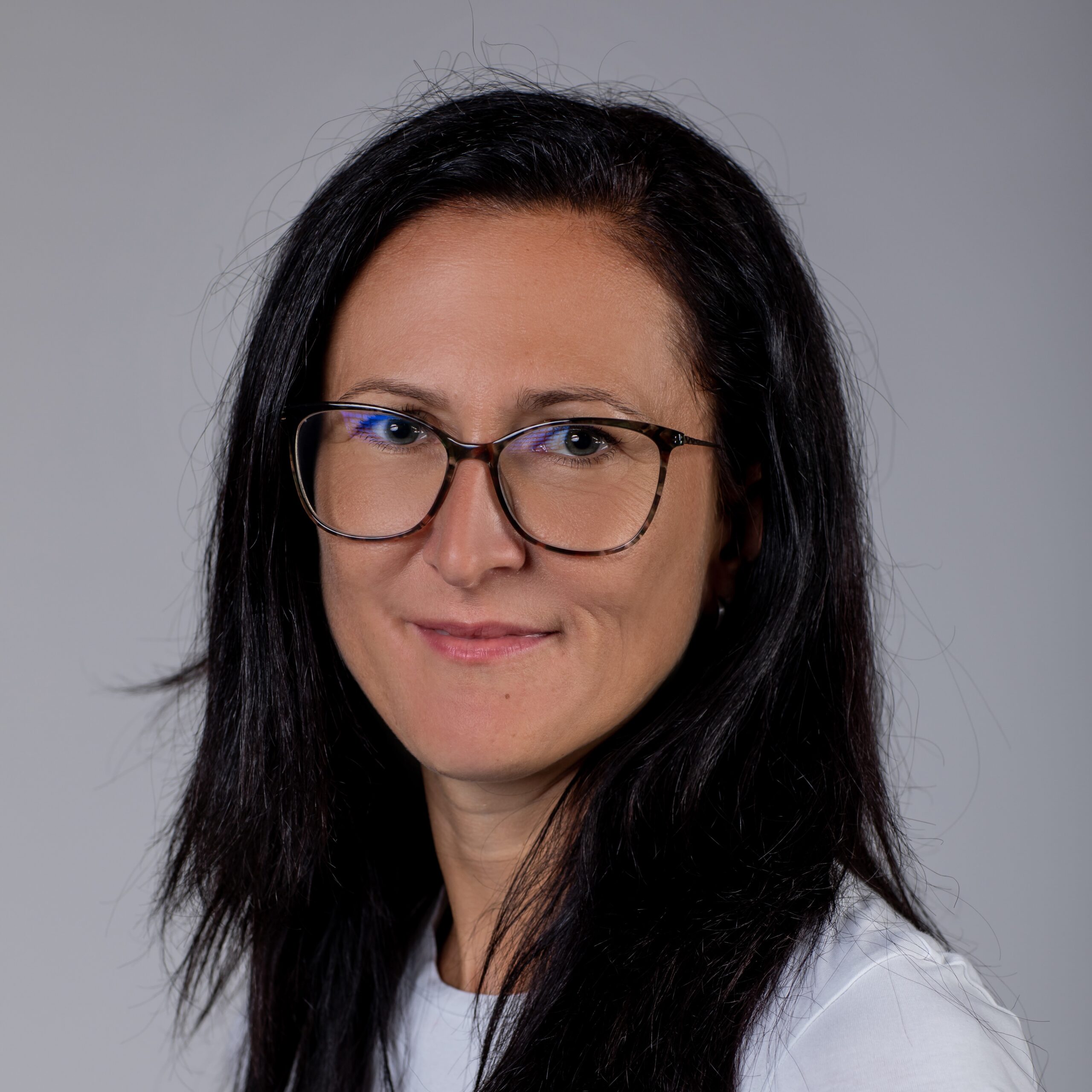
Jana Ondrušová
Marketing Manager, EXACT SYSTEMS SLOVAKIA
She has been working at EXS for 10 years, with the last 5 years as Marketing Manager. She is responsible for the organization and management of all marketing projects, events and activities of the company. She is also responsible for preparing graphic materials and advertising items, promoting the company in the media and on social networks, and taking care of employees.
The Exact Systems team will introduce you to a company that stands on people and quality.
Its core business is quality control in automotive.
The four presenters will introduce you to the processes and services that result in 100% quality.
Using specific examples, you will get to know the tools with which they achieve it in processes, standards, education, and relationships.
15:40 - 15:50 AIA SR award for digitalization of the automotive company – announcement of the winners

Alexander Matušek
President, Automotive Industry Association of the Slovak republic
He heads the External Relations / Environment / Social Services department at Volkswagen Slovakia, a.s. In the past, he was responsible for the management of the entire logistics at Volkswagen Slovakia and also held several management positions within the Volkswagen Group in Portugal and the USA. Since 2018, he is the President of the Automotive Industry Association of the Slovak Republic (second term). In 2018, he was elected Vice President of the Federation of Slovak Industrial and Transport Associations.

Ivan Hodáč
Event host, founder of Aspen Institute Central Europe, former ACEA Secretary-General
Ivan Hodač is a Founder and President of the Aspen Institute Prague. He was Secretary-General of the European Automobile Manufacturers’ Association (ACEA) from 2001 until October 2013. He is the Chairman of the Board at cabinet DN. The Financial Times listed him among the most influential personalities in Brussels politics. Before joining ACEA, he was Senior Vice-President and Head of the Time Warner Corporate office for Europe. Previously he was Secretary-General of the trade organization IFMA/IMACE, Senior Economist at Didier & Associates, and Assistant Professor at the College of Europe, Bruges. He was born in Prague, where he studied mechanical engineering. He completed his education in economics and political science at the University of Copenhagen and the College of Europe in Bruges (European studies).
15:50 - 16:30 Networking break

Congress foyer
16:30 - 17:10 “Green Deal” and “Fit for 55”: New environmental requirements – prepared and approved documents with an impact on the automotive industry
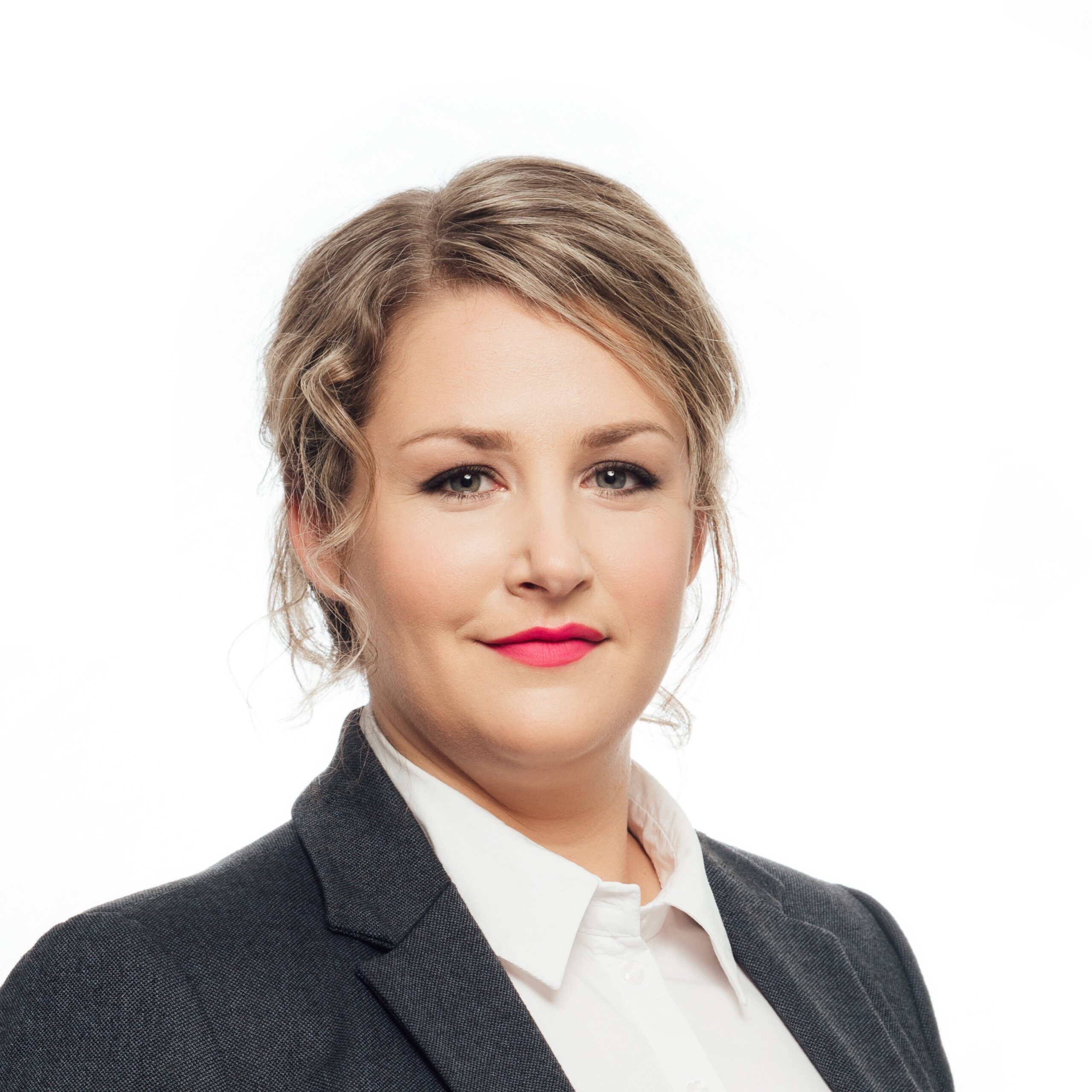
Michaela Hletková Ploszeková
Chairman of the Commission for Environmental Legislation, Automotive Industry Association of the Slovak Republic
She is head of Environment Department at Volkswagen Slovakia. She has been involved in the application of environmental protection in car production for over 16 years – implementing the requirements of legislation and environmental management systems in production processes, design and implementation of environmental strategy or preparation of concepts and plans to reduce environmental impacts for environmental and energy-intensive technologies. As a chairman of the Environmental Legislation Commission of the Association of the Automotive Industry of the Slovak Republic, she prepares opinions and proposals for comments on the environmental legislation of the Slovak Republic and the EU. Since 2021, she has been active as a member of the Government Council for the Green European Agreement of the Slovak Republic for the Federation of Slovak Industrial and Transport Associations. She graduated in Environmental Protection / Geochemistry at the Faculty of Science, Comenius University in Bratislava, and later in the professional MBA program Automotive Industry of the Technical University of Vienna and the Slovak Technical University in Bratislava.
The “Green Deal” is a new strategy for economic growth and transformation with the EU’s climate neutrality goals by 2050. At the same time, the “Fit for 55” package with the upcoming directives also brings challenges for Slovakia in the area of environmental protection, climate protection, carbon neutrality and the requirements for transforming the economy into a sustainable one. The lecture follows on from the summarization from Newmatec 2022 – supporting topics for the automotive industry in the future, possibilities of use for the transformation to sustainable production, while many of the requirements can be viewed as the possibility of gaining a competitive advantage by producing sustainable products with energy- and material-efficient technologies. This year’s lecture will focus on key and critical documents (currently being prepared by the European Parliament, or documents that have already been approved) while highlighting the most significant changes that are key to the green transformation of the automotive industry in Slovakia.
17:10 - 17:40 Alternatives
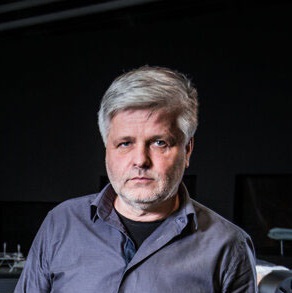
Štefan Klein
Head of Studio of Transport Design, Academy of Fine Arts and Design, Bratislava
Lecture will be oriented towards the presentation of the cooperation between the Academy of Fine Arts and Design in Bratislava and the automotive industry in the field of new conceptual solutions, the end of the presentation will be dedicated to the AirCar project
17:40 - 17:50 Summary of the first conference day and invitation to the evening program

Alexander Matušek
President, Automotive Industry Association of the Slovak republic
He heads the External Relations / Environment / Social Services department at Volkswagen Slovakia, a.s. In the past, he was responsible for the management of the entire logistics at Volkswagen Slovakia and also held several management positions within the Volkswagen Group in Portugal and the USA. Since 2018, he is the President of the Automotive Industry Association of the Slovak Republic (second term). In 2018, he was elected Vice President of the Federation of Slovak Industrial and Transport Associations.

Ivan Hodáč
Event host, founder of Aspen Institute Central Europe, former ACEA Secretary-General
Ivan Hodač is a Founder and President of the Aspen Institute Prague. He was Secretary-General of the European Automobile Manufacturers’ Association (ACEA) from 2001 until October 2013. He is the Chairman of the Board at cabinet DN. The Financial Times listed him among the most influential personalities in Brussels politics. Before joining ACEA, he was Senior Vice-President and Head of the Time Warner Corporate office for Europe. Previously he was Secretary-General of the trade organization IFMA/IMACE, Senior Economist at Didier & Associates, and Assistant Professor at the College of Europe, Bruges. He was born in Prague, where he studied mechanical engineering. He completed his education in economics and political science at the University of Copenhagen and the College of Europe in Bruges (European studies).
19:00 Evening Raut & Networking

Tálska bastion
April, 26th (Wednesday)
8:15 - 8:45 Maintenance performance audit as a tool for increasing the safety, quality and efficiency of the production process
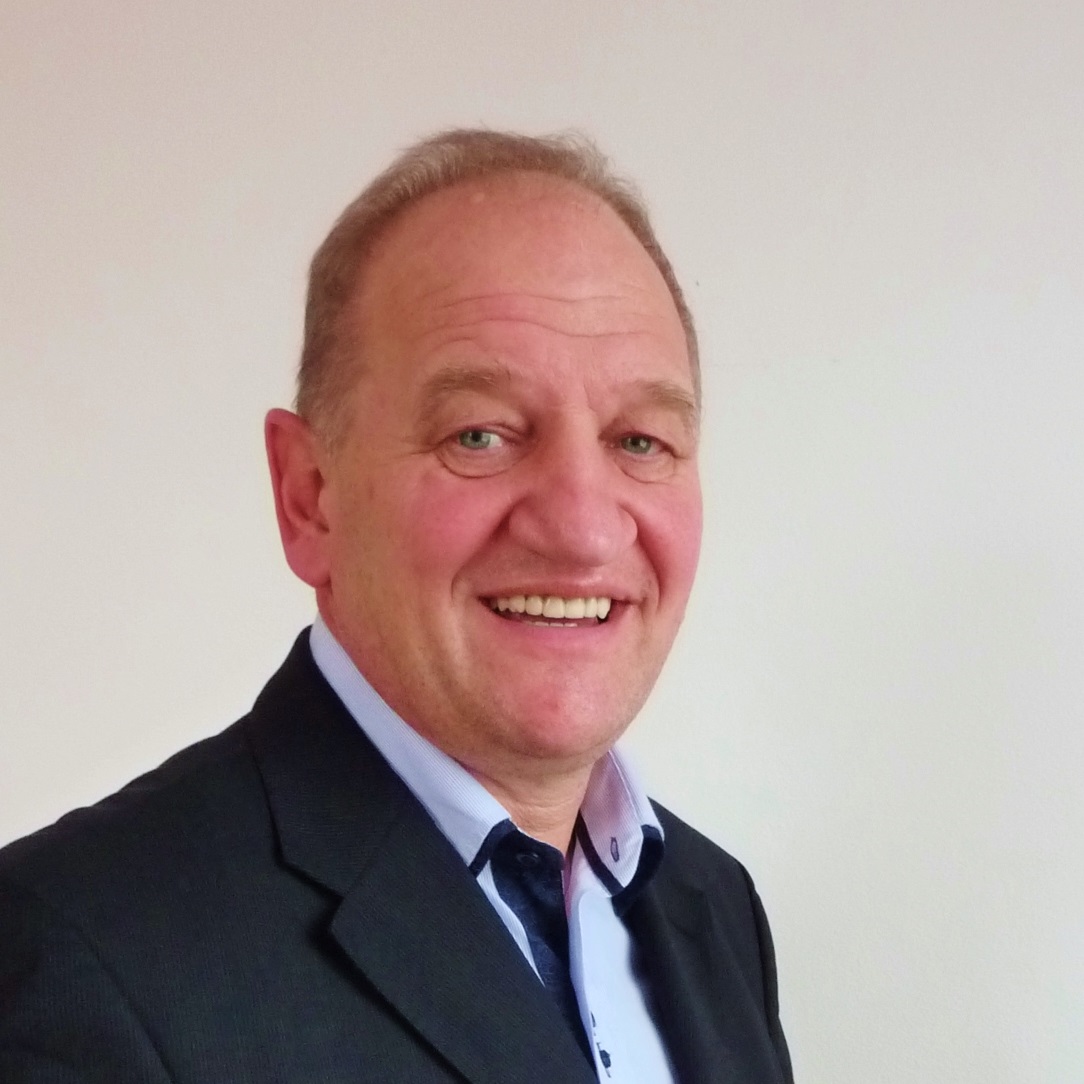
Gabriel Dravecký
Chairman of the board, Slovak Maintenance Society
Gabriel Dravecký is the chairman of the board of the Slovak Maintenance Society (SSU), which is a non-profit organization that brings together many experts and companies dealing with maintenance with the aim of initiating and supporting the education of people working in maintenance. SSU is a member of the European Community of National Maintenance Companies EFNMS Brussels. SSU is a member of the Association of the Automotive Industry of the Slovak Republic and the Association of Scientific and Technical Societies in Slovakia. The Slovak maintenance company, among other activities, is in constant contact with European EFNMS experts, submits European maintenance standards in the Slovak language and brings them to our members for constant contact with the European maintenance trend.
The company audited by the Maintenance Performance Audit is included in the company database (Partner of Excellent Maintenance Management) for three years. The structure of the maintenance performance audit is based on the principle of the EEQM model (European Foundation for quality management). It is a tool intended for comprehensive assessment of the organization and its performance. It respects the principles, of which the greatest emphasis is placed on the principle of continuous improvement. The model consists of two areas: Criteria of assumptions (500 points) and criteria of results (500 points).
8:45 - 9:15 Multi Part Integration – Increasing the material utilization rate using breakthrough advanced Laser Welded Blanks generating weight and C02 footprint reduction for the final component.
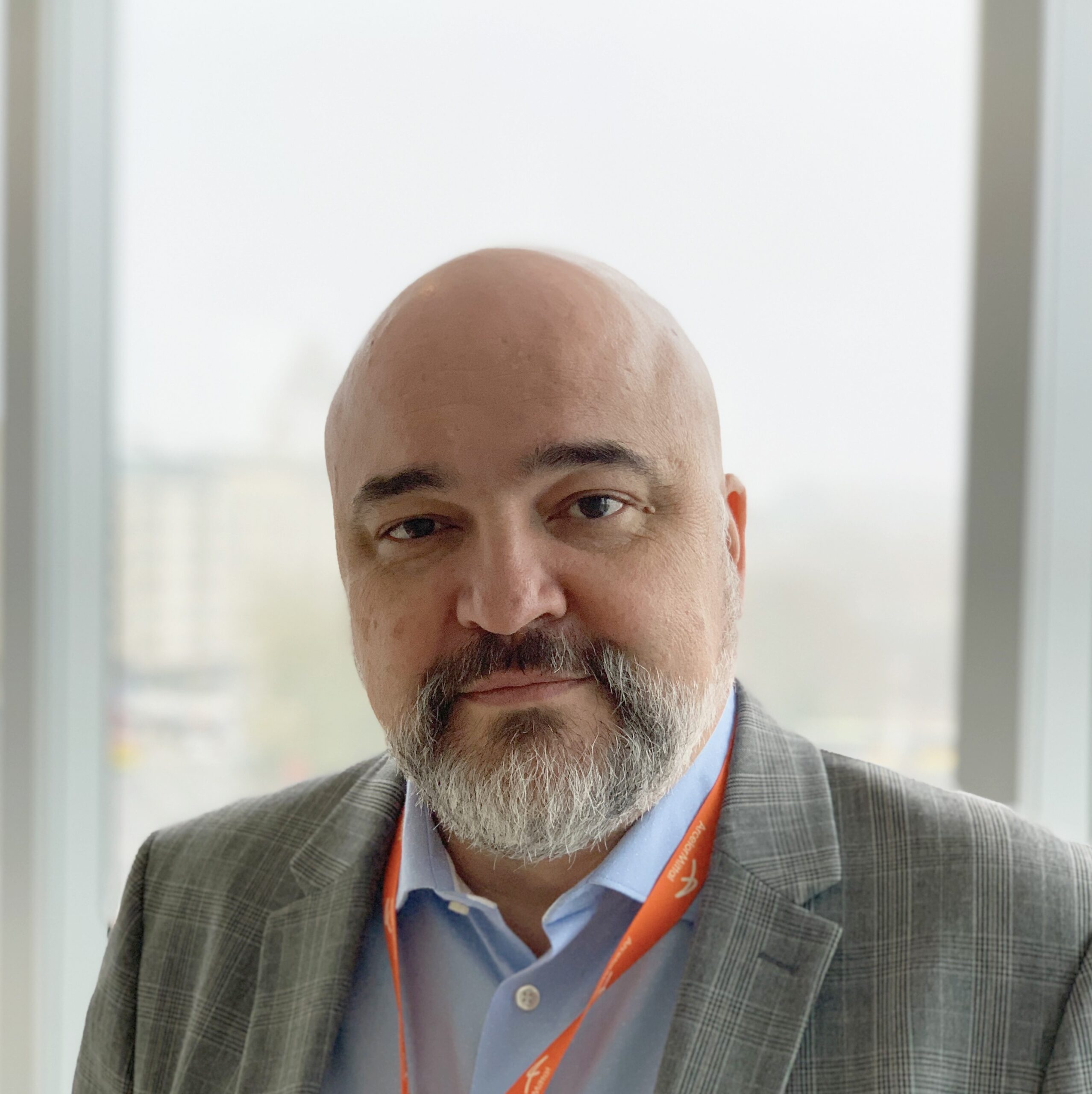
Jesse Paegle
Automotive Steel Solution Director, ArcelorMittal
Jesse has worked in the mining and automotive industries since 1997. His experience with different companies has given him a good understanding of the entire automotive supply chain – from raw material acquisition to serial vehicle production. Now he is responsible for steel solutions developments including Body in White, Battery pack and chassis components at ArcelorMittal
ArcelorMittal has developed an innovative approach to reduce this complexity by integrating a high number of parts into one single component. This approach is called Multi Part Integration® (MPI) and is designed to incorporate many parts into a single laser welded blank (LWB). The CO2 reduction could be also increased with the Usibor®/Ductibor® XCarb® RRP solutions proposed in Europe.
9:15 - 9:45 Why does European Green Deal bring also massive ESG reporting?
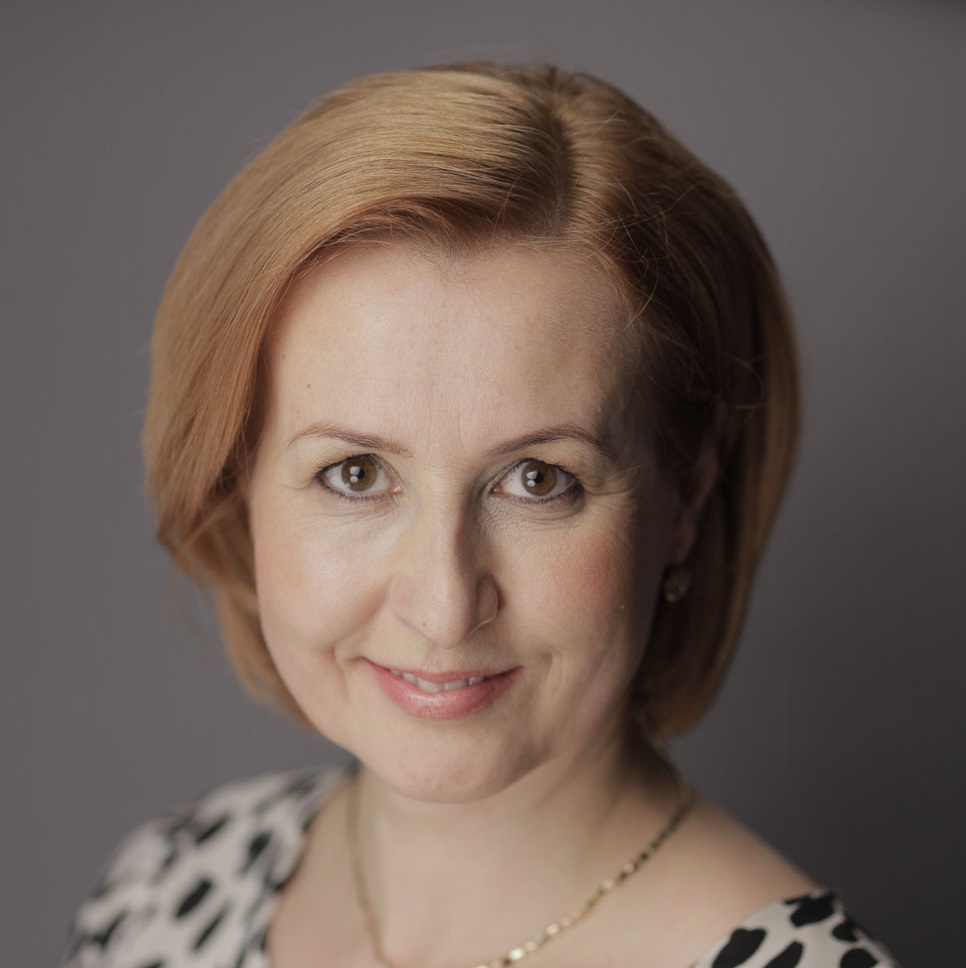
Adriana Jankovičová
co-founder, L.A. Holding
Adriana worked for over 20 years in senior bank management, mostly abroad. She managed the money circulation of the central European banking group Erste Group in Vienna, later its group
controlling (planning and financial strategy) as well as CFO of the largest Romanian bank BCR. After coming back to Slovakia, she worked in IT development, preparing energy high-tech strategy startup and subsequently became a co-founder of the consulting firm L.A. holding in the field of ESG consulting, which prepares trainings, specialized SW tools as well as individual consulting for small and medium-sized enterprises in the field of ESG transformation.
The lecture is aimed at introducing the topic of ESG in the EU, how the EU solves its environmental priorities through the Green Deal, what the Green Deal contains. We will imagine both parts of it – economic as well as financial reform. Emphasis will be placed on financial reform, which is key in redirecting private and public financial flows towards sustainable investments, necessary for the transformation of the economy. However, sustainable investments will require massive ESG reporting across the entire business environment, not excluding the automotive industry. We will talk about what kind of reporting it is, what it contains and when it comes into economic practice.
9:45 - 10:15 How to win in the fight for employees in Automotive/Manufacturing and engage them for ESG goal
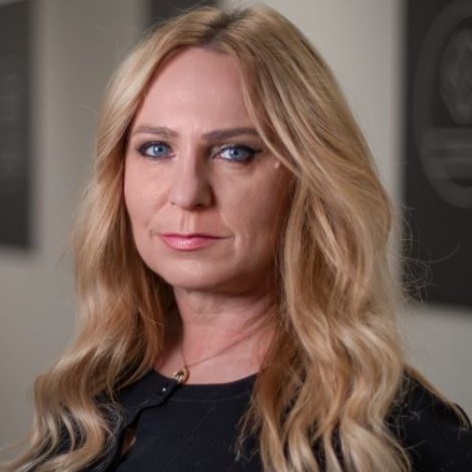
Miroslava Remenárová
Chair Woman of the Board, British Chamber of Commerce in the Slovak Republic
For more than 20 years, Miroslava has been part of leadership teams in multinational companies operating in automotive, FMCG/Retail/e-commerce and Telco, where she specializes in public affairs, marketing, communication and selected ESG areas. Inspired by Brett Minchington´s approach towards Employer Brand, she has become expert on how to make employer brand attractive. Miroslava successfully used her knowledge in the recruitment campaigns prepared and deployed during her employment in Jaguar Land Rover, Amazon or CRH and in designing corporate employee engagement programs.
Previously as member of different industry organizations and since 2019 as chairwoman of the Board of the British Chamber of Commerce in the Slovak Republic participates in creating favorable business conditions and supporting the positive reputation of the country in the development of business cooperation with the United Kingdom. Currently, she is also a part of COMMUNITY company.
Both UK and Slovak companies face labour force shortage. On top, Slovak labour market in automotive is highly competitive. Having right people in the right time in the right place is critical part of sustainable business. Learn about the ways how to attract or keep the right talents! Once having them on board, employee engagement is critical for successful ESG initiatives. Knowing the true level of employee engagement at your organization will be an important part of your leaders’ dashboard. When you increase the ESG IQ of your employees, you can inspire them to think about how the organization can operate more efficiently, which spurs business innovation, as well as builds workforce relation to the employer brand.
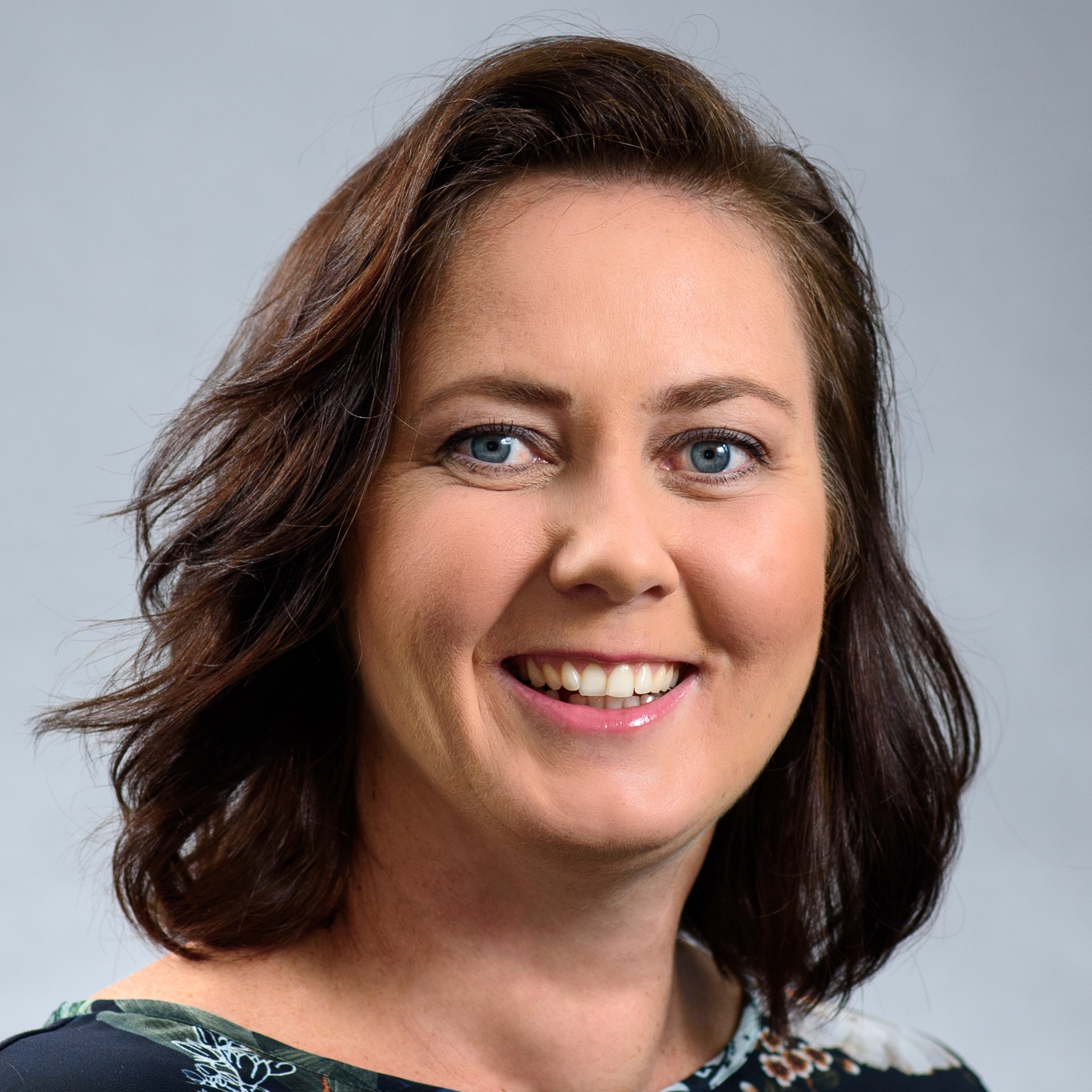
Tatiana Kačmárová
Leadership&Talent Consultant
Tatiana has extensive experience in building/setting up/improving processes and teams in the field of human resources as well as business support in all aspects in various sectors (banking, executive search, telecom, FMCG, retail, consulting).After 20 years of working in corporations, she decided to start a new era of working life – she is currently starting her own business with the aim of helping leaders and employees; individuals, corporations and start-ups in the field of personal and professional development; process settings (employee life cycle – onboarding, education and development, compensation and benefits, offboarding, cultures, Employer Brand); HR audit; HR Interim Management and also offer individual & team coaching and mentoring services.Tatiana is a certified business and team coach.She is also engaged in pro bono activities – she cooperates with organizations that support the younger generation (Nexteria Leadership Academy and EduCoach).
Both UK and Slovak companies face labour force shortage. On top, Slovak labour market in automotive is highly competitive. Having right people in the right time in the right place is critical part of sustainable business. Learn about the ways how to attract or keep the right talents! Once having them on board, employee engagement is critical for successful ESG initiatives. Knowing the true level of employee engagement at your organization will be an important part of your leaders’ dashboard. When you increase the ESG IQ of your employees, you can inspire them to think about how the organization can operate more efficiently, which spurs business innovation, as well as builds workforce relation to the employer brand.
10:15 - 10:45 Efficient logistic solutions responsible for the environment
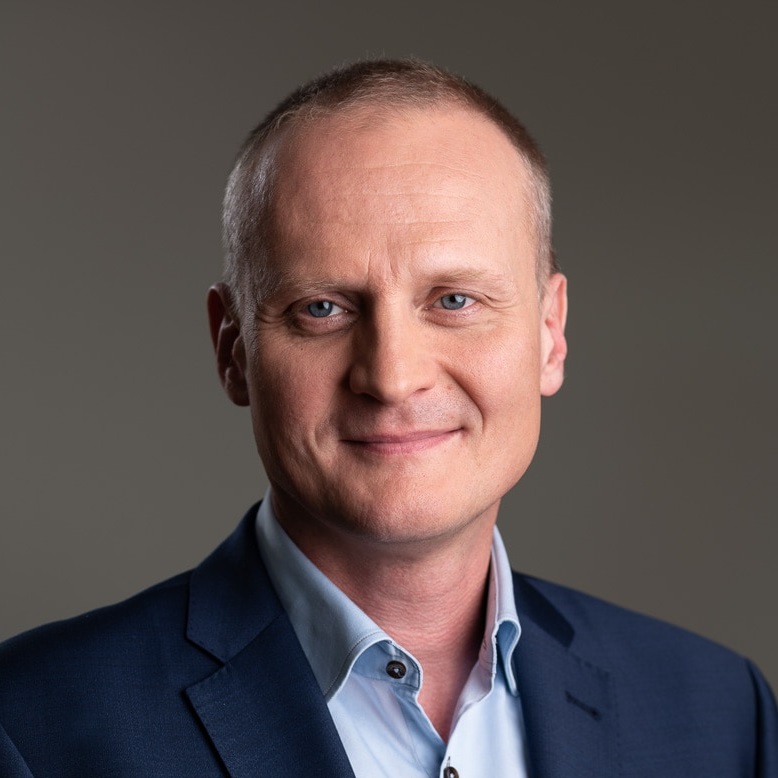
Martin Jančo
CEO, M2M Solutions
He founded and manages M2M Solutions, a Slovak technology company specializing in supply chain management, logistics, and manufacturing processes. Currently, he primarily focuses on new product development and innovation in the fields of mobility and manufacturing. Additionally, he is actively engaged in various activities aimed at addressing R&D challenges.
In recognition of his significant contributions to building the smart industry ecosystem, particularly in the smart mobility and space sectors, he was awarded in 2021 in the category of Science and Technology Personality.
Ways of managing logistics processes that are environmentally friendly already exist today. Digitization of processes significantly replaces paper and creates the conditions for a sustainable future for companies. Efficiently organized transport reduces CO2 emissions.
10:45 - 11:15 Networking break

Congress foyer
11:15 - 11:25 European Digital Innovation Hubs
11:25 - 11:55 Lecture: Winner of AIA SR award for digitalization of the automotive company (expert jury)
11:55 - 12:25 Lecture: Winner of AIA SR award for digitalization of the automotive company (professionals)
12:25 - 13:45 Lunch

Hotel Partizan Restaurant
9:45 - 10:45 a 13:45 - 14:45 Workshop: Internal well-being in demanding work (no interpretation, only in slovak language)
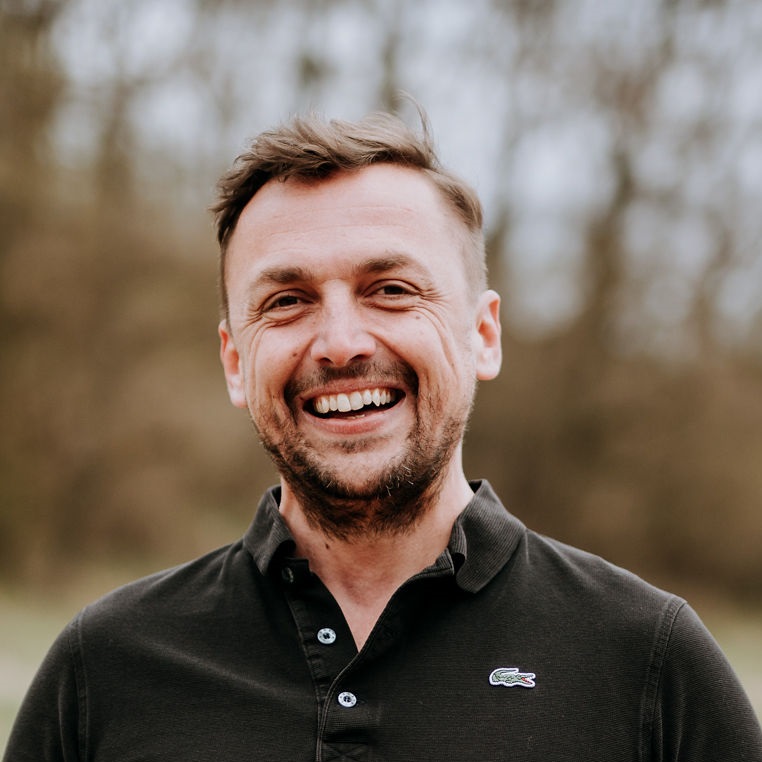
Rudolf Ivan
founder of Roriginal
He worked in various areas, mainly as a manager and leader – R&D, IE, Sales, Quality. Work experience within the EU. Over the last 10 years, he has built (together with the team) one of the largest and most competent R&D departments in Slovakia, creating more than 200 jobs, several 1000 m2 of buildings filled with top technologies, finally responsible for “own” customers and basic development (system development, mechanics and SW). Fascinated by people, how a human being “works”, how relationships work. He studied experiential pedagogy, NLP neurolinguistic programming, personality profile creation so that he could cover all levels of client or team development in his work. He founded Roriginal. He created his own comprehensive methodology of “work-life” balance, which begins with inner happiness, health and strength, awakening resistance to external factors that could trigger strong emotions, fear, stress or limiting beliefs. At the beginning of 2022, he left corporate life and is fully engaged only in the development of the people and teams they want! It helps to develop the client’s strengths to the maximum so that he achieves everything he wants in his life. With one goal of this mission: MASTER YOUR LIFE NOW!
No interpretation, only in Slovak language
13:45 - 15:15 Čo bráni ľuďom systematicky zlepšovať? (only in Slovak language)
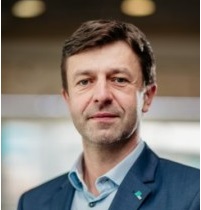
Jozef Krišťak
Coach, advisor and trainer, IPA Slovakia
Nebudeme sa teoreticky venovať prístupom ako PDCA, DMAIC, A3, RCA a podobne. To už každý z Vás dobre pozná. Na tréningovej výrobnej hre budeme hľadať odpoveď na otázku: „Prečo ľudia v praxi namiesto systematického riešenia problémov radšej rýchlo skočia na riešenie, hasia následky alebo prípadne obviňujú iných?“ Ako naučiť ľudí systematicky zlepšovať?
13:45 - 15:00 Workshop: Electromobility and trends in the supply chain (only in Slovak language)
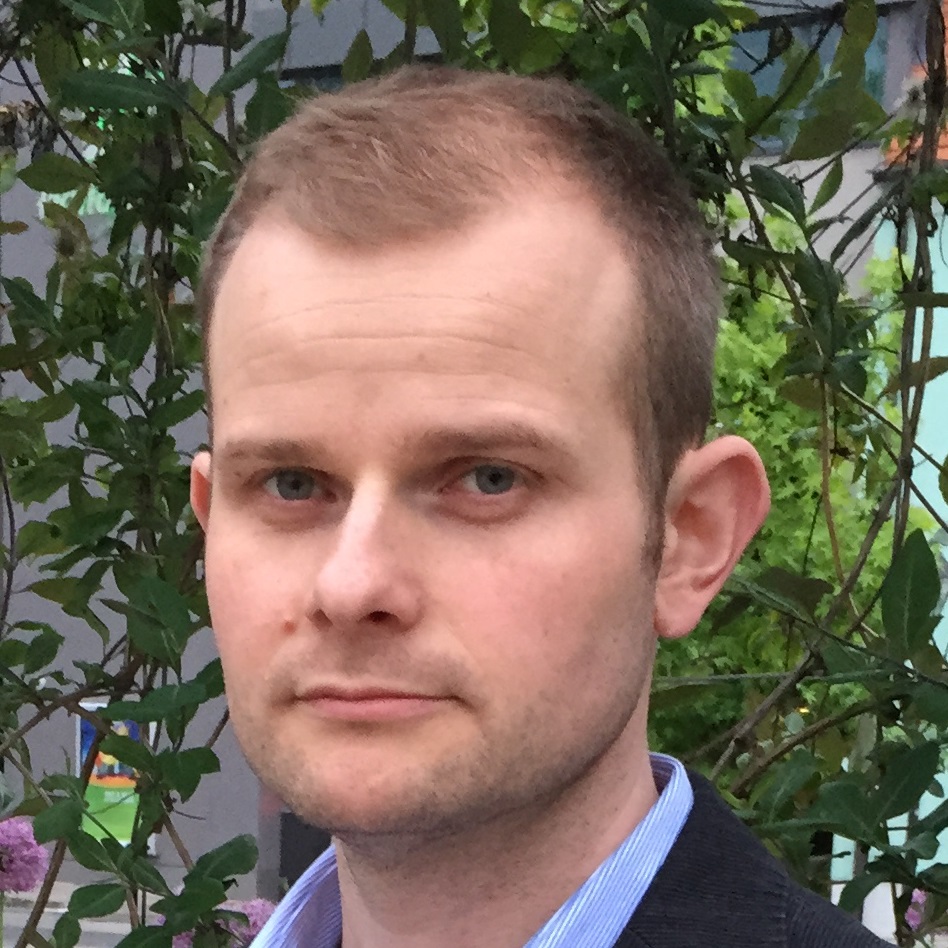
Michal Kršiak
CEO, ASK Consulting
Lecturer, consultant, auditor in the automotive industry with a focus on fulfillment customer requirements. Since 2006, he has been working in the field of quality assurance and process management, prepares companies to implement IATF 16949 and VDA standards.
- Is the supply sector able to absorb the dynamic changes in the automotive industry?
- Which suppliers will be successful in the next decade?
- Which supplier sectors are an “endangered species”
- How to change the approach to the qualification of human resources?
- What do OEMs require from service and parts suppliers?


 Slovenčina
Slovenčina